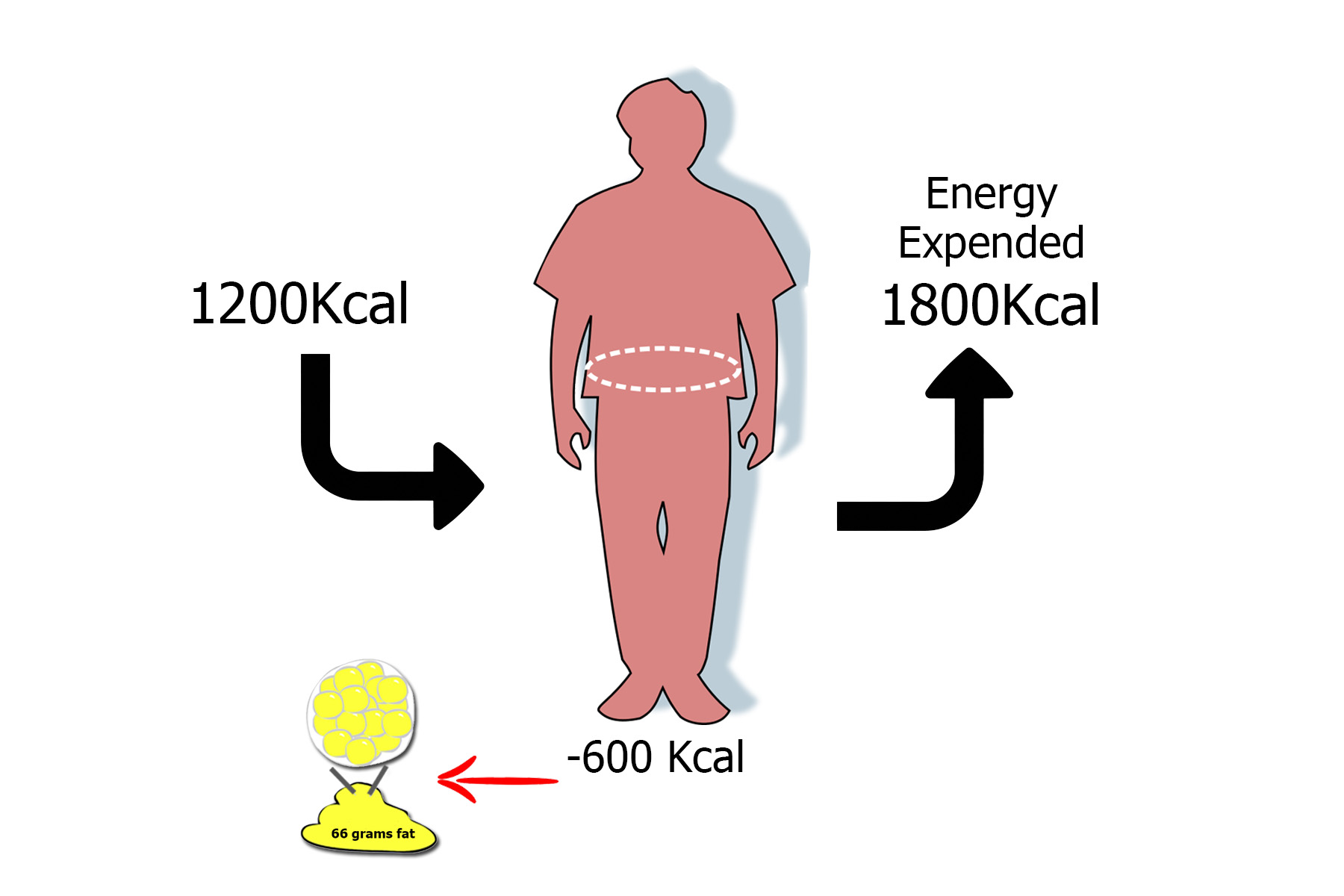
Concepts in Weight Management
Calories In vs Calories Out.
Most people wonder why they are not losing weight in spite of ‘not eating too much’.
Physicians often hear their patients say ‘I have a friend who eats so much but doesn’t gain any weight, and I eat much less yet I keep gaining weight!’ – So why is this?
There are endless research and scientific explanations that show that at the end of the day; it’s all to do with metabolism.
Metabolism can be defined as a combination of biochemical processes that convert food into energy.
Food that we eat gets stored in the body for energy. Our body converts food into energy and this energy is then used to fuel multiple, essential daily functions of the body;-from breathing, pumping blood and muscle movements to other inner body functions such as cell repair and nerve cell transmissions. Therefore the body requires a certain daily intake of energy to ensure cells can function accordingly. There must always be a fair balance between the amount of energy intake and the amount of energy that the body uses. So if the body gets a higher than the necessary intake of energy, this excess energy becomes a burden on the body; and later on health. Any un-utilized excess energy gets converted in the liver to the storage form of energy – which is fat. And this is where the journey towards obesity starts in many overweight individuals.
Calories are everything!
Metabolism is governed by energy consumption and energy expenditure. In other words, the rate at which our body burns calories and sheds fat depends on the amount of calories we take in and the amount of calories (energy) our body uses – this is simple maths! Each 9 calories = 1 gram of fat.
Total calorie intake plays a pivotal role in any dietary plan. In fact daily calorie intake is the most important factor that becomes carefully monitored in any weight loss program.
With the exception of water, everything we eat and drink contains calories. Therefore if the energy balance (number of calories) is tipped either side of the scale; there will be a significant change in body weight. If we feed the body more calories than it needs, these calories will be converted into fat and result in weight gain. Similarly, if the body burns more calories than was consumed that day, the body will start to find and use energy from previously stored fat or in some cases from muscle tissue; which results in weight loss. The healthy, perfect scenario involves an equal balance between the energy we feed the body and the energy the body burns – this leads to weight maintenance.
To illustrate the back story and importance of maintaining an equal energy balance scale in order to manage body weight, we’ll take an example of an individual whose BMR is 1800Kcal. (BMR; Basal Metabolic Rate, is defined as the number of calories required to keep you body functioning effectively at rest.)

If the individual eats 1800Kcal a day without any intensive activity, they will be able to maintain their body weight with no weight gain or loss in fat or muscle.

However, if the individual eats more than 1800 calories a day without doing any extra physical activity, they will have fed their body 600 calories more than what the body needs and knows what to do with. If this continues, the individual will begin to gradually gain weight; namely fat weight as the liver begins to convert the excess calories into fat.

![]()
If the individual eats less than 1800 calories, even without any intensive physical activity, they will begin to loss weight as their body begins to burn from the stored energy to maintain efficient body functions. Eating less calories forces the body to find an alternative source of energy and you begin to burn calories stored in adipose tissue and muscle tissue.
In the case of this individual, his body burned the 1200 calories from his food intake that day, plus an extra 600 calories of stored energy. If he continues to eat less than 1800 calories, he will gradually but surely begin to lose weight. The weight loss is usually from fat loss but sometimes it can be a combination of both fat and muscle loss. Of course, muscle loss is not good and in ‘Concepts of weight management .2.’ we discuss how we can direct the body to burn stored fat for energy rather than burn energy stored in muscles.


